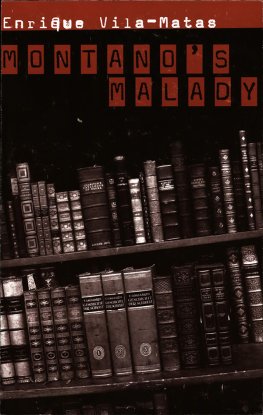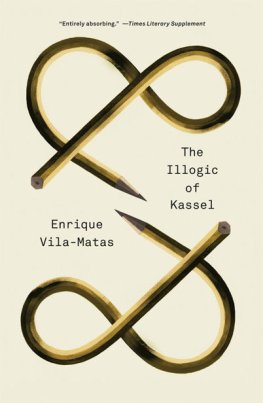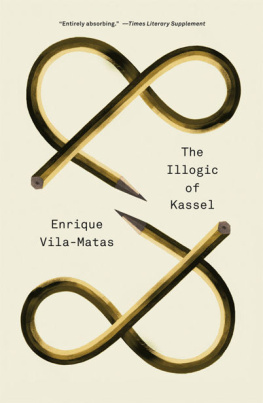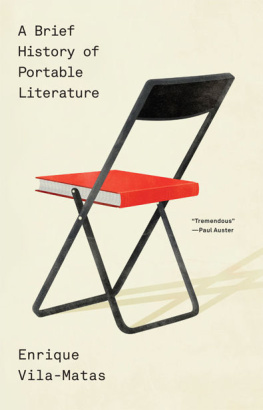PREFACE
T HE origin of these tales is as follows:In the reign of the Emperor Muhammad Shah, Raj Jaisinh Sawr (who was the ruler of. Jainagar) ordered the eminent poet, named Srat, to translate the Baitl Pachisi (which was in the Sanskrit) into the Braj dialect. Thereupon he translated it into the dialect of Braj, in accordance with the kings command. And now, during the reign of the Emperor Sfhi Alam, and in the time of the lord of lords, the cream of exalted princes, the Privy-Counsellor of the Monarch of England, whose court stands as high as Saturn; the noblest of the noble, the Governor-General, Marquis Wellesley (may his government be perpetuated!); and in accordance with the bidding of His Honour, Mr. John Gilchrist (may his good fortune endure!); to the end that illustrious gentleman may learn and understand, the poet Mazhar Ali Khan (whose nom de plume is Vila), with the aid of the poet Shr Lall Ll, rendered the same into easy language, such as high and low use in speaking, and which the learned and the ignorant, the talented and the obtuse, would all comprehend, and which would be easy to the mind of every one, no difficulty of any kind presenting itself to the intellect, and wherein the dialect of Braj frequently occurs.
Now, in conformity with the command of the Professor of Hindi, the bounteous patron, His Honour, Captain James Mouat, (may his prosperity last long!) Trincharan Mitra, (in preparing the work) for the press, has struck out such Sanskrit and Braj words as seldom occur in the Urdu dialect, and introduced words in current use. Some words, however, in use among the Hindus, the exclusion of which he regarded as detrimental, he has preserved intact. He trusts that the work may meet with a favourable reception.
THE BAITL PACHCHISI.
INTRODUCTORY TALE.
T here was a city named Dhrnagar, the king of which was Gandharb Sen. He had four queens, and by them six sons, one more learned and more powerful than another. Fate ordaining, after some days the king died, and his eldest son, Shank by name, became king in his stead. Again, after some days, a younger brother, Vikram, after slaying his eldest brother, himself became king, and began to govern well. Day by day his dominion so increased that he became king of all India; * and, after fixing his government on a firm basis, he established an ra.
* Jambudwip is the name of one of the seven divisions of the
world, and implies, the central division, or the known
world; according to the Bauddhas, it is confined to India.
After some time the king thought to himself that he ought to visit those countries of which he had heard. * Having determined on this, he made over his throne to his younger brother Bharthari, and himself assuming the guise of a devotee, set out to wander from land to land and forest to forest.
* Lit.The king thought in his mind, I should travel over
those countries whose names I am hearing.
A Brahman was practising austerities in that city. One day a deity brought and presented to him the fruit of immortality. He then took the fruit home and said to his wife, Whoever shall eat this will become immortal; the deity told me this at the time of giving, the fruit. Hearing this, the Brahmans wife wept excessively, and began to say, This is a great evil we have to suffer! For, becoming immortal, how long shall we go on begging alms? Nay, to die is better than this; (for) if we die, then we escape from the trials of the world. Then the Brahman said, I took the fruit and brought it; but, hearing your words, I am bereft of understanding. Now I will do whatever you bid. Then his wife said to him, Give this fruit to the king, and in exchange for it take wealth, whereby we may enjoy the advantages of this world as well as that to come.
Hearing this speech, the Brahman went to the king and gave him his blessing; (and) after explaining the circumstances of the fruit, said, Great king! do you take this fruit and give me some wealth; there is happiness for me in your being long-lived. Theking having given the Brahman a lakh of rupees and dismissed him, entered the female apartments, and giving the fruit to the queen whom he loved most, said, O queen! do thou eat this, for thou wilt become immortal, and wilt continue young for ever. The queen, hearing this, took the fruit from the king, (and) he came out into his court.
A certain kotwl was the paramour of that queen: to him she gave the fruit. It so happened that a courtesan was the kotwls mistress; he gave the fruit to her and described its virtues. That courtesan thought to herself that the fruit was a fitting present for the king. Determining this in her mind, she went and presented the fruit to the king. His majesty took the fruit and dismissed her with much wealth; and contemplating the fruit, and pondering within himself, he became sick of the world, and began to say, The perishable wealth of this world is of no use whatever; for through it one must ultimately fall into hell. Preferable to this is the practising of religious duties and the biding, in the remembrance of the Deity, whereby it may be well in the future.
Coming to this determination, he entered the female apartments and asked the queen what she had done with the fruit (he gave her). She replied, I ate it up. Then the king showed the queen that fruit. She, on the instant of setting eyes on it, stood aghast, and was unable to make any reply. After that, the king having come forth, had the fruit washed, and ate it, and abandoning his kingdom and throne, assumed the guise of a devotee, and betook himself unaccompanied, and without holding communication with a soul, to the jungle.
The throne of Vikram became vacant. When this news reached king Indra, he sent a demon to guard Dhrnagar. He kept watch over the city day and night. To be brief, the report of this matter spread from country to country, that king Bharthari had abandoned his government and gone away. King Vikram, too, heard the news, and immediately came to his country. It was then midnight: he was entering the city at that hour, when that demon called out, Who art thou? and whither goest thou? Stand still (and) mention thy name. Then the king said, It is I, king Vikram; I am entering my own city: who art thou, to challenge me? Then the demon replied, saying, The deities have sent me to guard this city: if you are really king Vikram, first fight with me, and then enter the city.










